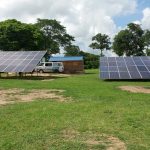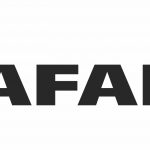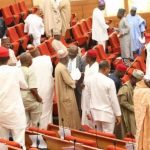General
Tackling Child Mortality, Global Environment Issues, Disability
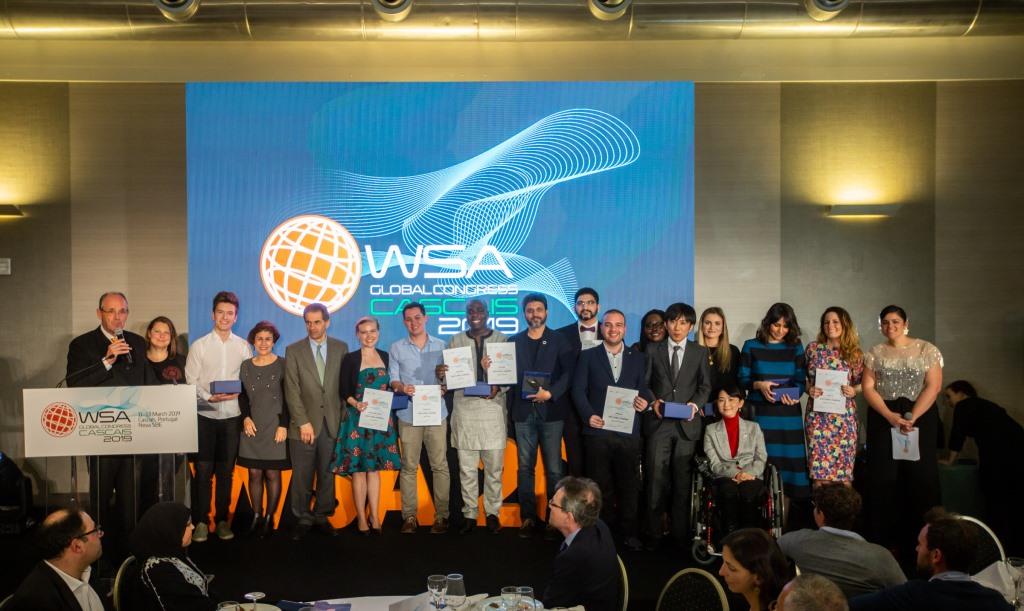
More than 400 delegates from 120 countries met at Nova SBE Campus, Cascais, turning Portugal into a global hub for start-ups and digital innovators on the subject of “Purpose driven digital Innovation.” About 82 international jury members have selected 9 Global Champions 2019 from the 45 WSA winners 2018, awarded by the City of Cascais, the Republic of Austria and UN-representatives at the festive Gala on March 13 at the WSA Global Congress in Cascais.
Many people are suffering because they don’t have a chance to health treatment or have access to information, while the industrialised society lacks the integrity to include and empower. Impact is vital in the sense of the word. Digital Content is bringing knowledge to places where it has not been yet, it integrates and enables.
Social benefit, sustainable impact, global diversity and digital innovation were the core themes of the WSA Global Congress 2019 – and the Global Champions. The 3 day congress showed how concern and distress give rise to innovative solutions, and how need can foster invention and sustainable design. The Nova SBE campus became a hub for unique knowledge exchange with 400 participants and outstanding international best practices of digital innovation with impact on society and mentors for 3 days.
Based on the UN goals for a true information society (UN WSIS) and the UN Sustainable Development Goals (UN SDGs), 82 international jurors selected the 9 WSA Global Champions from Kenya to Pakistan, based on their presentation at the Congress and their social and local impact from the 45 WSA winner projects – with Africa making a strong showcase of innovation.
Prof. Peter A. Bruck, Chairman of the World Summit Award Board of Directors: “The 9 Global Champions show just a small portion of what social innovation can do around the world with digital, content-based solutions. Thanks to the City of Cascais, we have brought this Austrian initiative to Portugal for the first time and opened a showcase for products from all member states of the United Nations that make a difference. WSA and the Global Champions selected here in Cascais show that innovation comes primarily not from the pursuit of profit and quick money, but from commitment to avoid suffering and alleviate need. This results in sustainable positive transformations of our society. “
The outstanding digital innovations were honoured at the festive Gala ceremony on March 13th.
Guest of honour H.E. Manuel Heitor, Minister of Science, Technology and Higher Education of Portugal states: “WSA presents a display of impressive digital projects from around the world embraced by entrepreneurs and aiming at improving the quality of our society while solving real life problems. More than 400 participants from 120 countries met in Portugal at this 2019 World Summit, turning Cascais into a global hub for start-ups.”
WSA GLOBAL CHAMPIONS 2019
The winner in the Government & Citizen Engagement category was Chaos AI from Finland, an innovative team providing a multi-stakeholder decision tool for estate planning based on AI – making estates focused on the inhabitants and environmental protection.
Irelands Complete Anatomy was selected Global Champion in the category Health & Well-Being. The international jury states: “Most innovative. Using VR to enable medical students to learn the human body structures saves time and valuable resources.”
“Pakistani girls have few alternatives in getting this information. Getting female health information from a trusted source is crucial all over the world to reduce female and child mortality and empower women.” a Jury member pointed out, as to why Global Learning & Education champion AI chatbot Raaji from Pakistan was awarded.
Multi-facet digital platform Kuza One from Kenya educates small-holder farmers in Africa concerning environmental Agriculture and Entrepreneurship and was selected by the Jury for Environment & Green Energy: “It could be a winner in education. Could be a winner in many categories. It is a real winner.”
AFROCOMIX from Ghana won the Championship for Culture & Tourism, benefitting the lives of multiple creators of African Culture with a monetization platform, “… telling African Stories – and these stories need to be told to present African heroes”, the Jury states.
Business & Commerce solution Sokowatch from Kenya was a favourite among the winners because it works on so many levels for “…providing small retailers with services and an affordable credit line, closing the gap of last mile delivery and supporting small entities.”
From Japan, Wheelog convinced with empowering wheelchair users in the Smart settlements & Urbanization category. The Jury concludes: “Creative, innovative and addressing a pressing problem. Creates sense of inclusiveness. Can scale globally.”
Enablement through digital solutions also made the Championship in the Inclusion & Empowerment category: “Feelif from Slovenia is a tablet for blind people. It is much more affordable than any given alternative hardware, providing access to internet for blind people.”
The highly competent WSA Young Innovators Global Champions LEAF from the USA proved that fintech can serve the most vulnerable of all, refugees and the stateless, who are provided with a block chain technology to preserve and transfer their money through digital currency – across borders.
General
Senate Passes Electoral Act Amendment Bill, Blocks Electronic Transmission of Results
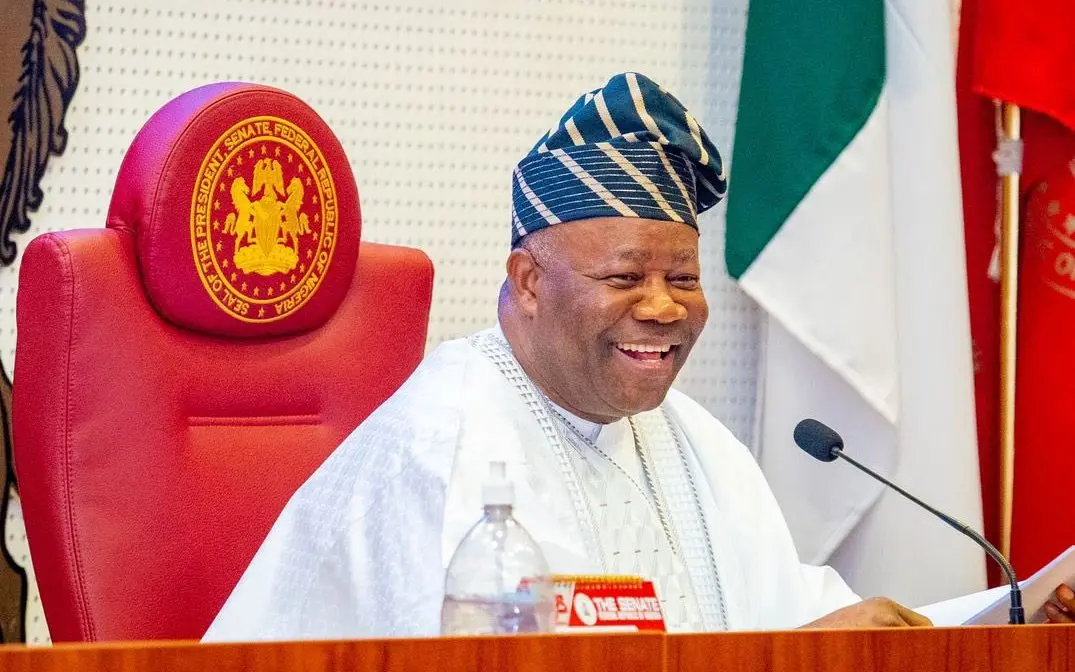
By Modupe Gbadeyanka
The Senate on Wednesday passed the bill to amend the Electoral Act of 2022 after delays, which almost pitched the institution against several Nigerians.
Last week, the upper chamber of the National Assembly headed by the Senate President, Mr Godswill Akpabio, set up a panel to look into the matter, with the directive to submit its report yesterday, Tuesday, February 3, 2026.
However, after the report was submitted yesterday, the red chamber of the parliament said it was going to take an action on it on Wednesday.
At the midweek plenary, the Senate eventually passed the Bill for an Act to Repeal the Electoral Act No. 13, 2022 and Enact the Electoral Act, 2025.
However, some critical clauses were rejected, including the proposed amendment to make is mandatory for the Independent National Electoral Commission (INEC) to transmission election results electronically from polling units to the INEC Result Viewing (IReV) portal.
The clause was to strengthen transparency and reduce electoral malpractice through technology-driven result management.
It also rejected a proposed amendment under Clause 47 that would have allowed voters to present electronically-generated voter identification, including a downloadable voter card with a unique QR code, as a valid means of accreditation.
The Senate voted to retain the existing 2022 provisions requiring voters to present their Permanent Voter’s Card (PVC) for accreditation at polling units, and upheld the provision mandating the use of the Bimodal Voter Accreditation System (BVAS) or any other technological device prescribed by the electoral umpire for voter verification and authentication, rather than allowing alternative digital identification methods as proposed in the new bill.
The Senate also reduced the notice of election from 360 days to 180 days, with the timeline for publishing list of candidates by INEC dropped from 150 days to 60 days.
General
Amupitan Says 2027 Elections Timetable Ready Despite Electoral Act Delay

By Adedapo Adesanya
The Independent National Electoral Commission (INEC) has completed its timetable and schedule of activities for the 2027 general election, despite pending amendments to the Electoral Act by the National Assembly.
INEC Chairman, Mr Joash Amupitan, disclosed this on Wednesday in Abuja during a consultative meeting with civil society organisations.
Mr Amupitan said the commission had already submitted its recommendations and proposed changes to lawmakers, noting that aspects of the election calendar might still be adjusted depending on when the amended Electoral Act is passed.
He, however, stressed that the electoral umpire must continue preparations using the existing legal framework pending the conclusion of the legislative process and presidential assent to the revised law.
According to him, the commission cannot delay critical preparatory activities given the scale and complexity involved in conducting nationwide elections.
The development highlights INEC’s commitment to early planning for the 2027 polls, even as stakeholders await legislative clarity that could shape parts of the electoral process.
Yesterday, the Senate again failed to conclude deliberations on the proposed amendment to the Electoral Act after several hours in a closed-door executive session. The closed session lasted about five hours.
Lawmakers dissolved into the executive session shortly after plenary commenced, to consider the report of an ad hoc committee set up to harmonise senators’ inputs on the Electoral Act Amendment Bill.
When plenary resumed, the Senate President, Mr Godswill Akpabio, did not disclose details of the discussions on the bill.
Despite repeated executive sessions, the upper chamber has yet to pass the bill, marking the third unsuccessful attempt in two weeks.
The Senate, however, said it will not rush the bill, citing the volume of post-election litigation after the 2023 polls and the need for careful legislative scrutiny.
Last week, the red chamber of the federal parliament constituted a seven-member ad hoc committee after an earlier three-hour executive session to further scrutinise the proposed amendments.
General
REA Expects Further $1.1bn Investment for New Mini Power Grids
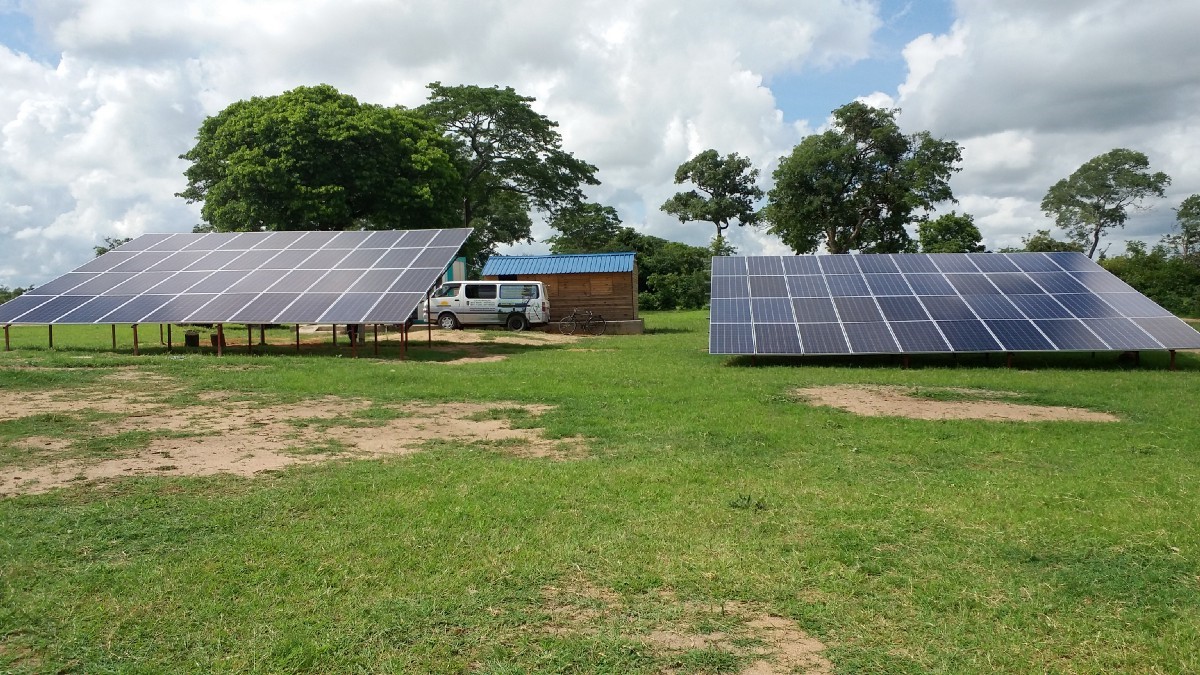
By Adedapo Adesanya
The Managing Director of the Rural Electrification Agency, (REA), Mr Abba Aliyu, is poised to attract an estimated $1.1 billion in additional private-sector investment to further achieve the agency’s targets.
He said that the organisation has received a $750 million funding in 2024 through the World Bank funded Distributed Access through Renewable Energy Scale-up (DARES) project.
He added that this capital is specifically intended to act as a springboard to attract an estimated $1.1 billion in additional private-sector investment, with the ultimate goal of providing electricity access to roughly 17.5 million Nigerians through 1,350 new mini grids.
Mr Aliyu also said that the Nigeria Electrification Project (NEP) has already led to the electrification of 1.1 million households across more than 200 mini grids and the delivery of hybrid power solutions to 15 federal institutions.
According to a statement, this followed Mr Aliyu’s high-level inspection of Vsolaris facilities in Lagos, adding that the visit also served as a platform for the REA to highlight its decentralized electrification strategy, which relies on partnering with firms capable of managing local assembly and highefficiency project execution.
The federal government, through the REA, underscored the critical role the partnership with the private sector plays in achieving Nigeria’s ambitious off-grid energy targets and ending energy poverty.
Mr Aliyu emphasized that while public funds serve as a catalyst, the long-term sustainability of Nigeria’s power sector rests on credible private developers who are willing to invest their own resources.
He noted that public funds are intentionally deployed as catalytic grants to ensure that the private sector maintains skin in the game which he believes is the only way to guarantee true accountability and the survival of these projects over time.
-

 Feature/OPED6 years ago
Feature/OPED6 years agoDavos was Different this year
-
Travel/Tourism9 years ago
Lagos Seals Western Lodge Hotel In Ikorodu
-

 Showbiz3 years ago
Showbiz3 years agoEstranged Lover Releases Videos of Empress Njamah Bathing
-

 Banking8 years ago
Banking8 years agoSort Codes of GTBank Branches in Nigeria
-

 Economy3 years ago
Economy3 years agoSubsidy Removal: CNG at N130 Per Litre Cheaper Than Petrol—IPMAN
-

 Banking3 years ago
Banking3 years agoSort Codes of UBA Branches in Nigeria
-

 Banking3 years ago
Banking3 years agoFirst Bank Announces Planned Downtime
-

 Sports3 years ago
Sports3 years agoHighest Paid Nigerian Footballer – How Much Do Nigerian Footballers Earn









